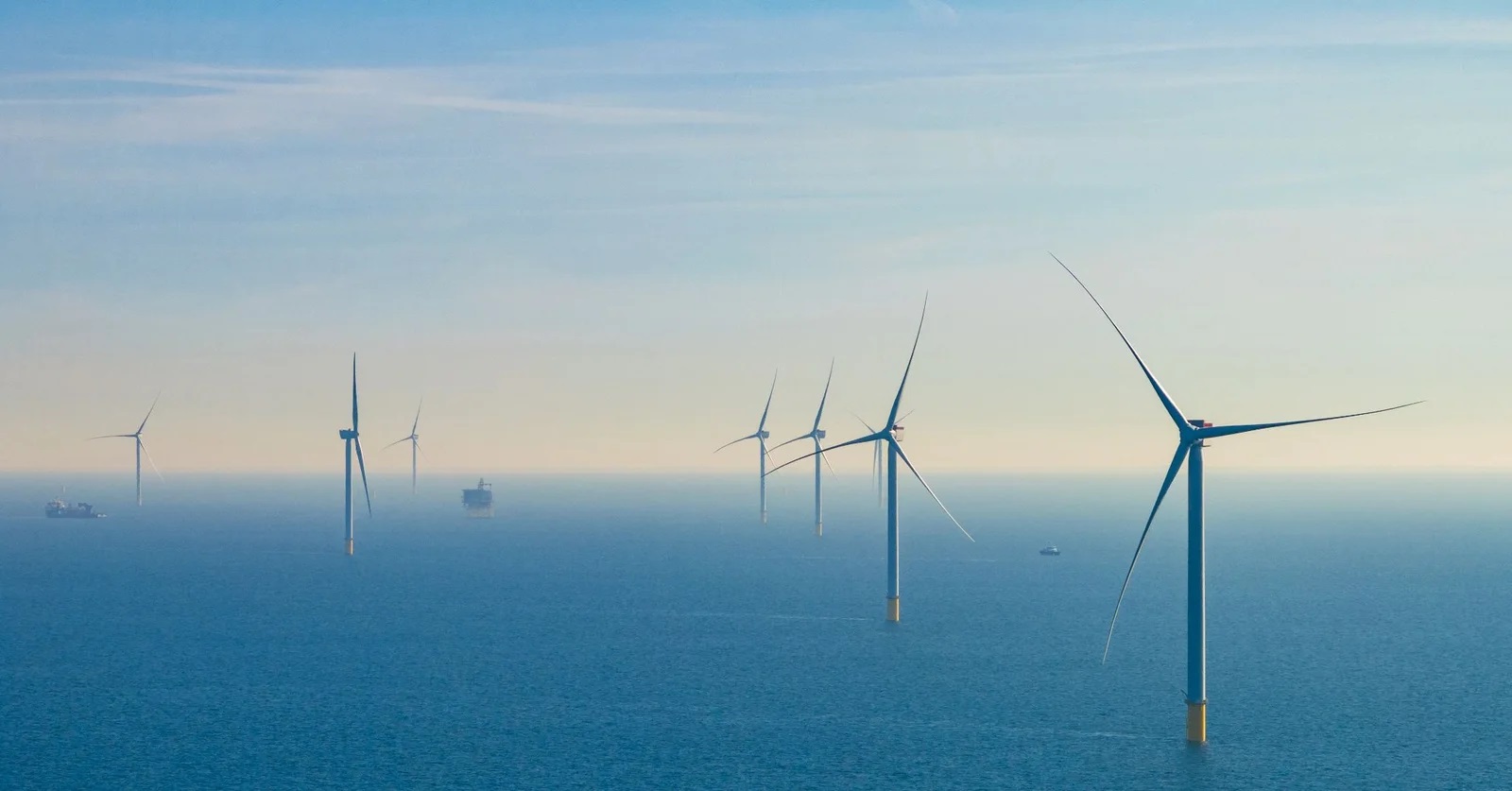

Wind Farm. Image credit Google
The European Union’s Net-Zero Industry Act (NZIA) is set to pass into law by the end of June or early July after European Union governments formally approved it on Monday, clearing an effort to ensure EU-made products make up at least 40 percent of the bloc’s green technology by 2030.
The law is designed to increase the EU’s green-tech manufacturing capacity to help domestic firms compete with rivals from China and to fend off a competing subsidy programme in the US.
Before entering into force the law must be signed by the presidents of the European Parliament and Council and published in the EU’s official journal.
“Demand is growing in Europe and globally, and we are now equipped to meet more of this demand with European supply,” said EU president Ursula von der Leyen in a statement.
The act focuses on key green industries including solar power, batteries and energy storage, wind energy and renewable hydrogen.
It seeks to spur investment with favourable regulatory processes, including regulatory sandboxes and the speedy granting of permits, with most to receive permits within six to nine months.
Public authorities buying green tech products will be required to factor in not only price but also to add a 30 percent weighting for an offer’s sustainability and resilisence, referring to the degree to which the EU relies upon supply from a single third country.
The law also focuses on providing skills training and is to introduce net-zero clusters aimed at boosting manufacturing capacity.
The Act, part of the EU’s Green Deal Industrial Plan, aims to make EU industry more competitive against China, which currently accounts for 80 percent of global solar technology production, compared to EU manufacturers which currently account for less than percent of EU panel deployments.
EU providers also face a new factor in the form of the US’ Inflation Reduction Act, passed in 2022, a $369 billion (£289bn) clean tech subsidy programme that EU leaders fear could lure European firms to relocate across the Atlantic.
The bloc is aiming to reduce CO2 emissions by 90 percent by 2040.
All Cybertrucks manufactured between November 2023 and February 2025 recalled over trim that can fall…
As Musk guts US federal agencies, SEC issues summons over Elon's failure to disclose ownership…
Moonshot project Taara spun out of Google, uses lasers and not satellites to provide internet…
Pebble creator launches two new PebbleOS-based smartwatches with 30-day battery life, e-ink screens after OS…
Amazon loses appeal in Luxembourg's administrative court over 746m euro GDPR fine related to use…
Nvidia, xAI to participate in project backed by BlackRock, Microsoft to invest $100bn in AI…